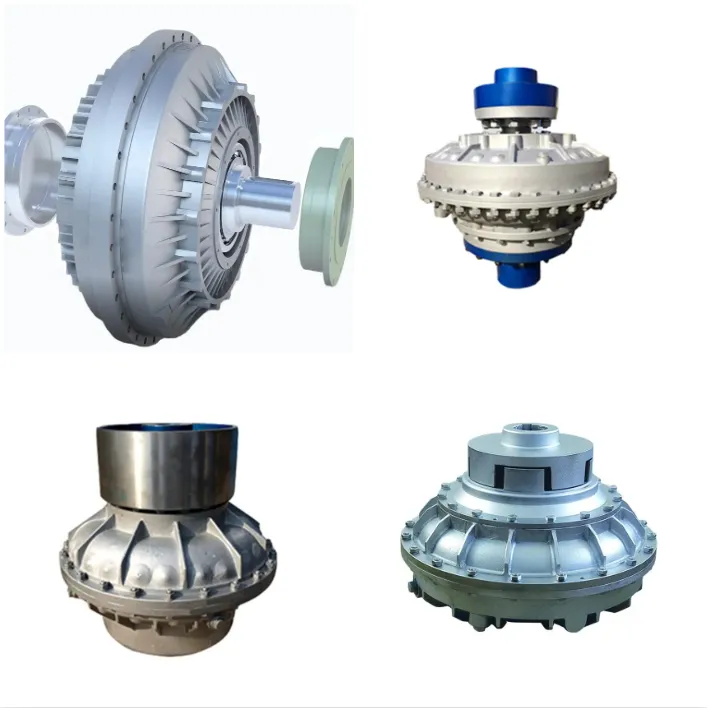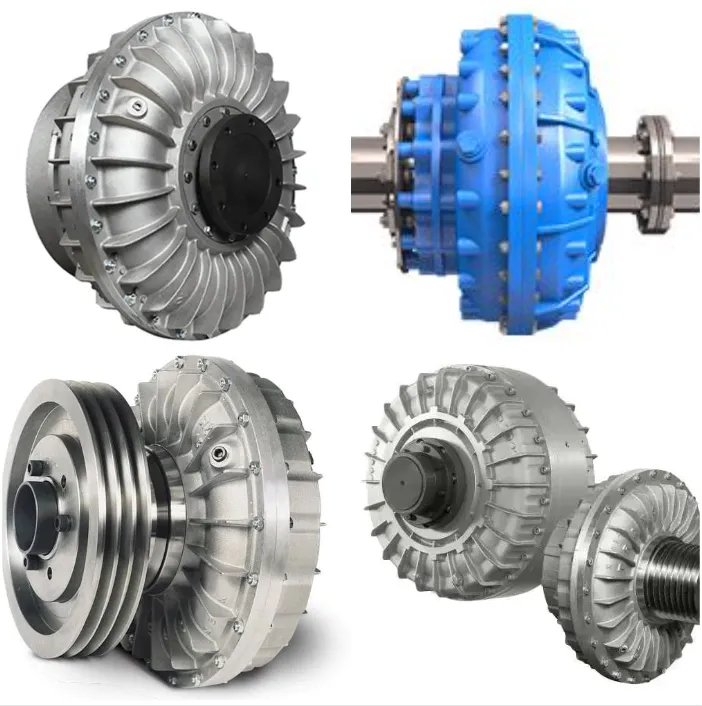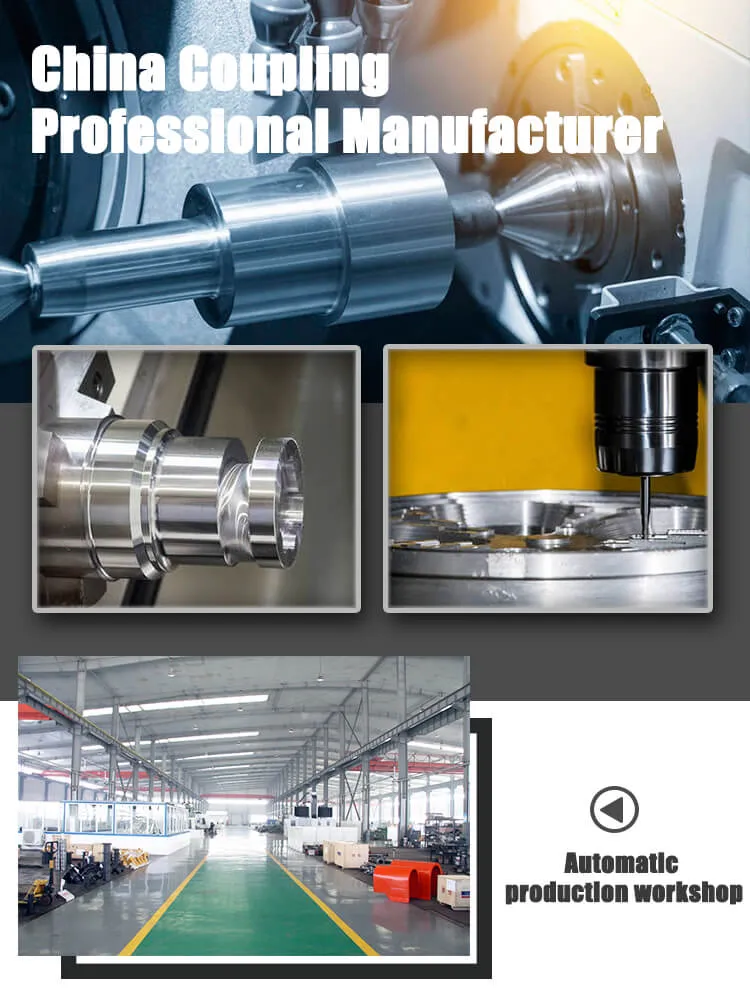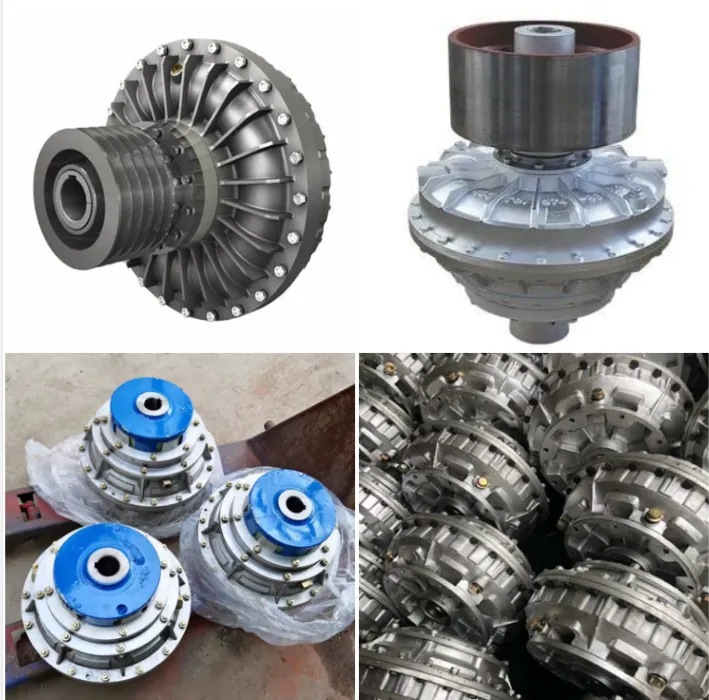Hydraulic Quick Coupler Pressure Relief
Introduction to Hydraulic Quick Couplers
Hydraulic quick couplers are essential components in hydraulic systems, facilitating the swift connection and disconnection of hoses and lines. These couplers enhance operational efficiency and safety by preventing fluid leaks and mitigating pressure surges during equipment changes.
The Importance of Pressure Relief
Pressure relief in hydraulic quick couplers is crucial to ensure system stability and safety. Excessive pressure can lead to system damage and pose significant safety hazards, making pressure relief mechanisms indispensable.
Mechanisms of Pressure Relief
Pressure relief mechanisms in hydraulic quick couplers typically involve spring-loaded valves that open when pressure exceeds a preset limit, allowing excess fluid to bypass and thus, reducing the pressure within the system.
Applications of Hydraulic Quick Couplers
Hydraulic quick couplers are used across various industries, including construction, agriculture, manufacturing, and more, providing quick and secure connections for hydraulic machinery and tools.
Advantages of Using Hydraulic Quick Couplers
The use of hydraulic quick couplers offers numerous benefits, such as reduced downtime, enhanced safety, ease of maintenance, and increased productivity by allowing rapid equipment changes.
Design Considerations for Hydraulic Quick Couplers
When designing hydraulic quick couplers, factors such as material compatibility, pressure ratings, flow capacity, and environmental conditions must be considered to ensure optimal performance and longevity.
Common Challenges and Solutions
Common challenges in hydraulic quick coupler systems include fluid leakage, pressure imbalances, and wear and tear. Implementing robust sealing technologies and regular maintenance can mitigate these issues.
Material Selection for Hydraulic Quick Couplers
Materials such as stainless steel, brass, and carbon steel are commonly used in the construction of hydraulic quick couplers due to their durability, corrosion resistance, and ability to withstand high pressures.
Innovations in Hydraulic Quick Coupler Technology
Recent innovations in hydraulic quick coupler technology include the development of non-spill designs and automatic pressure relief mechanisms, improving system reliability and user safety.
Installation and Maintenance Tips
Proper installation and regular maintenance are critical to the performance of hydraulic quick couplers. Ensure all connections are secure, regularly inspect for wear and tear, and replace components as needed.
Environmental Considerations
Environmental considerations such as temperature extremes, exposure to chemicals, and the presence of abrasive materials can affect the performance of hydraulic quick couplers. Select materials and designs that can withstand specific environmental conditions.
Industry Standards and Compliance
Hydraulic quick couplers must comply with industry standards such as ISO and SAE to ensure they meet safety, performance, and reliability criteria.
Case Studies
Case studies showcasing the successful implementation of hydraulic quick couplers in various industries demonstrate their effectiveness in enhancing operational efficiency and safety.
Future Trends
The future of hydraulic quick couplers lies in continued advancements in materials, design, and manufacturing technologies, leading to more efficient, durable, and user-friendly products.
Conclusion
Hydraulic quick couplers with effective pressure relief mechanisms are vital for the safe and efficient operation of hydraulic systems. By understanding their importance and design considerations, users can ensure optimal system performance and longevity.

What is the function of hydraulic coupler?

- Connects Hydraulic Lines: Hydraulic couplers connect and disconnect hydraulic lines quickly without fluid leakage.
- Facilitates Fluid Transfer: Ensures efficient fluid transfer between different components of a hydraulic system.
- Prevents Contamination: Designed to prevent contaminants from entering the hydraulic system during connections.
- Enhances Safety: Reduces the risk of hydraulic fluid spills and pressure-related accidents.
- Improves Efficiency: Allows for rapid changes in hydraulic tools and machinery, enhancing operational efficiency.
What are the two types of fluid coupling?

- Constant-Fill Coupling: This type uses a set amount of fluid to transmit power, providing smooth operation and reducing shock loads.
- Variable-Fill Coupling: Allows for adjustment of the fluid fill, providing flexibility in controlling torque and accommodating varying load conditions.
How do hydraulic quick couplers work?
- Connection Mechanism: Incorporate a push-to-connect or twist-to-lock mechanism for effortless coupling and decoupling.
- Sealing Element: Equipped with seals to prevent fluid leakage during operation and disconnection.
- Flow Control: Designed to maintain fluid flow and pressure within the hydraulic system, ensuring consistent performance.
Choosing the Right Hydraulic Coupling

- Pressure Rating: Ensure the coupling can handle the system’s maximum operating pressure to prevent failures.
- Flow Capacity: Select a coupling that matches the required flow rate for optimal system performance.
- Material Compatibility: Choose materials that are compatible with the hydraulic fluid and environmental conditions to avoid corrosion and wear.
- Size and Thread Type: Ensure the coupling fits the existing hydraulic lines and connections properly.
- Environmental Factors: Consider factors such as temperature, exposure to chemicals, and abrasive environments when selecting couplings.
About HZPT
HZPT, established in 2006, is a professional manufacturer specializing in the development and production of high-precision couplings, ball screw support units, motor brackets, and motion modules. Our coupling product line includes servo motor couplings, stepper motor couplings, miniature motor couplings, and encoder couplings. We have several advantages that set us apart:
- Advanced Technology: We utilize cutting-edge technology in our manufacturing processes to ensure the highest quality products.
- In-house R&D Center: Our dedicated research and development center allows us to innovate and improve our products continuously.
- Own Processing and Testing Systems: We have our own processing and testing facilities, ensuring strict quality control throughout production.
- ISO 9001:2015 Certified: Our commitment to quality is demonstrated by our ISO 9001:2015 certification.
- ROHS Compliant: Our products comply with ROHS standards, ensuring they are environmentally friendly and safe to use.
With over 30 product lines, our products are widely used in industries such as electronics, solar energy, photovoltaics, machine tools, packaging, molding, medical, printing, and various automation machinery equipment. Our products have been recognized and widely used by top clients globally, including in Japan, the United States, Germany, Israel, Malaysia, Singapore, and Taiwan. We invite you to explore our high-quality hydraulic couplings and experience the superior performance and reliability they offer. Partner with HZPT for your hydraulic coupling needs and benefit from our expertise, advanced technology, and unwavering commitment to quality.